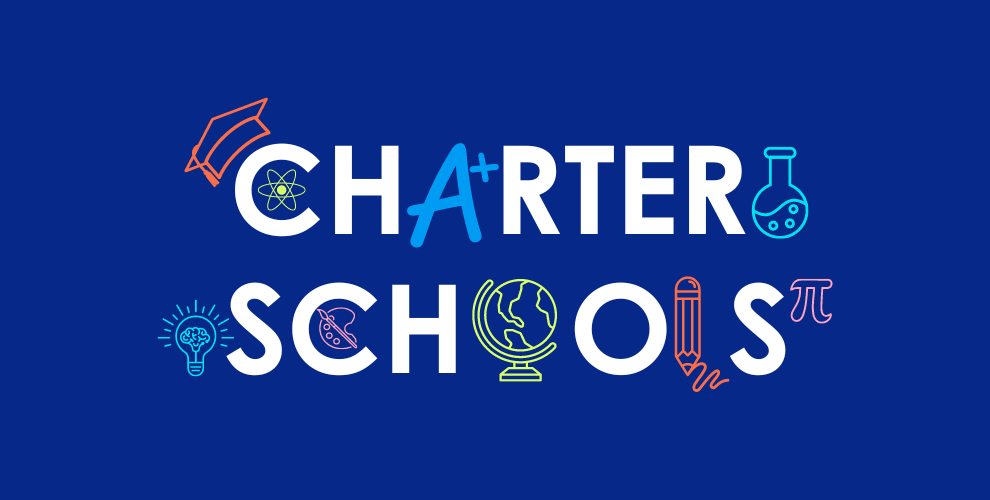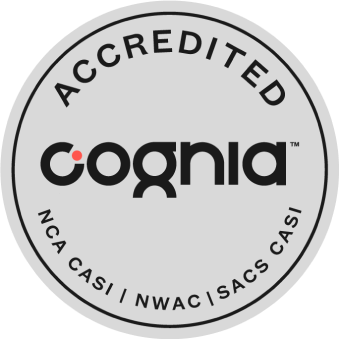Charter schools are an excellent option for parents seeking an alternative to traditional public schools. But despite the rising popularity of charter schools in the U.S., many parents do not fully understand what they are.
Charter schools are tuition-free public schools that are privately managed. This unique operation model gives charter schools more flexibility in terms of curriculum and teaching methods. “Charter” refers to the contract that all charter schools must establish with an authorized chartering agency, detailing their school’s mission and goals.
Charter schools are schools of choice. This means that parents choose to send their children to charter schools; they are not automatically enrolled based on zip code. According to the latest data from the National Alliance for Public Charter Schools, 3.7 million students in the U.S. attend charter schools, with approximately 8,000 schools in operation across the country.
Learn more about how charter schools work and how they differ from other types of schools.
Are charter schools public or private?
Because they are independently run, many people confuse charter schools with private schools. In reality, charter schools are public schools. Just like traditional public schools, they are publicly funded and anyone can attend. Here’s a breakdown of how charter schools compare to traditional public schools and private schools.
Difference between charter schools and public schools
Charter schools are a type of public school. Traditional public schools and charter schools are both publicly funded, tuition-free and open to all students. However, charter schools have more freedom than traditional public schools when it comes to curriculum, staffing, and budgeting. The level of autonomy granted to charter schools varies from state to state.
Difference between charter schools and private schools
Charter schools are often compared to private schools because both are schools of choice managed by independent operators. One of the main differences is that charter schools are free to attend, while private schools charge tuition. Additionally, state laws require charter schools to be open to all students, while private schools are allowed to place limits on who can enroll. Some private schools may only accept students of a particular religious affiliation or students who have passed an entrance exam, for example.
How are charter schools funded?
Charter schools are funded through state and local taxes. These funds are allocated on a per-student basis. In other words, the more students a charter school has, the more funding the school will receive. However, unlike traditional public schools, charter schools typically do not receive funds from local property taxes. Many charter schools rely on grants, donations and fundraising campaigns to make up for this disparity and supplement their budget.
How are charter schools held accountable?
Before a new charter school opens, charter school operators are required to sign a contract with an authorized public chartering agency. The contract, called a “charter,” lays out the terms and conditions for the school’s operation and defines performance expectations.
Authorized public chartering agencies vary from state to state but are usually government entities or nonprofit organizations. For example, in Arizona, most charter schools are authorized by the Arizona State Board for Charter Schools.
Charter schools are held accountable by their charter school authorizer. If a school does not meet certain performance standards each year, they will face disciplinary measures and may eventually be forced to close their doors. The accountability for charter schools is higher than traditional public schools, since they need to adhere to state academic standards as well as the standards detailed in their charter agreement.
How do you get into charter schools?
Charter schools are open to anyone. Like traditional public schools, charter schools are prohibited from giving any one group of students preferential treatment over another. There are no specific requirements for admission, meaning that your student does not need to pass an entrance exam.
To enroll your child in a charter school, you will need to fill out an application. Many schools have Open Enrollment periods in the fall for the following school year. If a school receives more applications than it can accommodate in a given school year, a random lottery system is used to fill open seats.
What are the benefits of charter schools?
There are several reasons why parents might be interested in sending their child to a charter school.
- Free to attend: Like all public schools, charter schools are tuition-free.
- Accelerated or advanced curriculum: Since charter schools have more freedom than traditional public schools when designing lesson plans, they often follow an accelerated curriculum. They may also offer a broader range of subjects than other public schools.
- High academic standards: Charter schools are required to meet state academic standards as well as any standards laid out by their local charter school authorizer. As a result, the academic performance of charter schools often surpasses other types of schools.
Find out if a charter school is the right choice for your family
The mission, curriculum, and focus of charter schools varies greatly from school to school. As you explore different options for your child’s education, don’t be afraid to ask questions. We also encourage you to take a school tour before making a decision.
If you are looking for a tuition-free alternative to your child’s current school, it may be time to start researching charter schools in your area. For a full breakdown of education options available to you, download our “Parents’ Guide to School Choice.”
The BASIS Charter Schools network consists of 40 tuition-free charter schools in Arizona, Louisiana, Texas, and Washington, D.C. Our accelerated K–12 curriculum blends STEM with humanities and fine arts, empowering students to achieve at globally competitive levels. In 2024, the BASIS Charter School network had 11 of the top 100 high schools in the nation, with BASIS Peoria claiming the title of #1 High School in the U.S., according to U.S. News & World Report. For more information about our top-rated charter school network, find a BASIS Charter School near you and schedule a tour.






